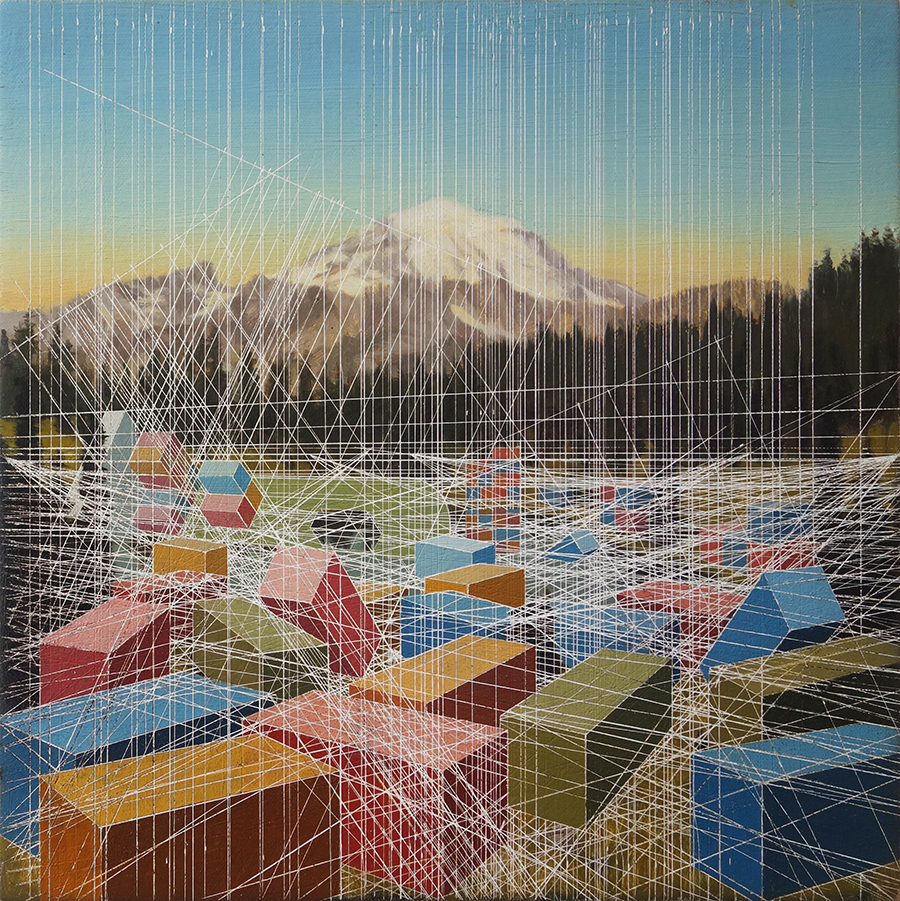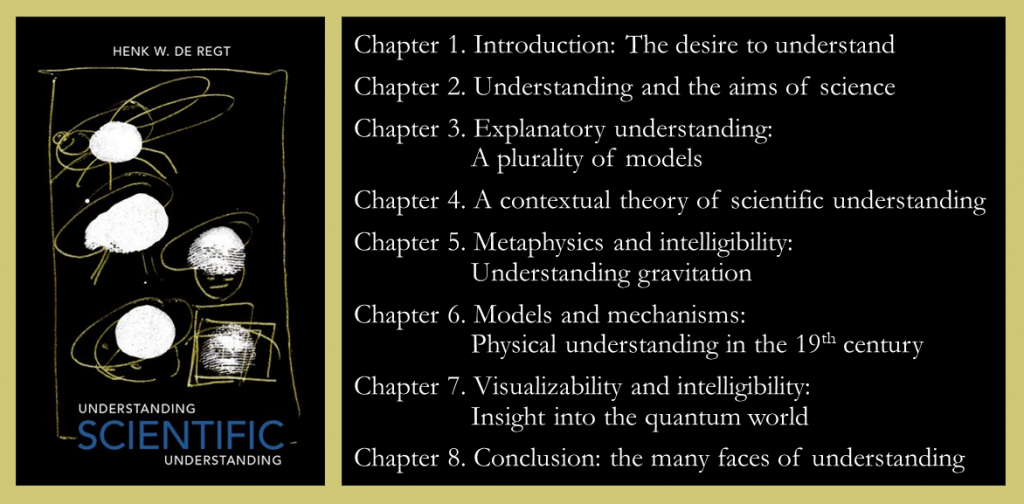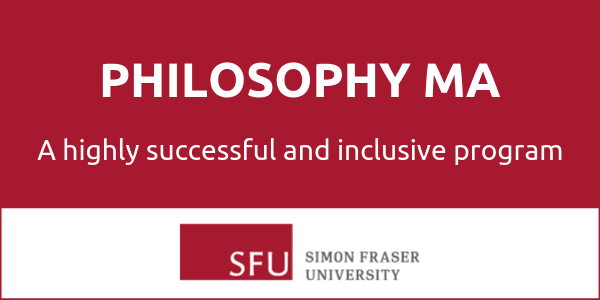Philosophy of Science Communication: an Introduction & an Interview (guest post)
Philosophy of Science Communication is not just the Philosophy of “Science Communication,” but also the Communication of “Philosophy of Science”. Philosophy of science is not well-known outside of the philosophical discipline.
The following is a guest post by the co-leaders of the Philosophy of Science Communication network: Lynn Chiu (University of St. Andrews/University of Bordeaux), Rebecca Hardesty (University of California San Diego), and Sophie J. Veigl (University of Vienna). It has two parts: an introduction to Philosophy of Science Communication and its aims, and an interview with Henk de Regt (Institute for Science in Society at Radboud University), winner of the 2019 Lakatos Award.
Philosophy of Science Communication: an Introduction & an Interview
by Lynn Chiu, Rebecca Hardesty, and Sophie Veigl
The Philosophy of Science Communication (PhilofScicomm) network is co-led by Lynn Chiu (University of St. Andrews/University of Bordeaux), Sophie J. Veigl (University of Vienna), and Rebecca Hardesty (University of California San Diego). We will soon welcome Melissa Jacquart (University of Cincinnati) to the team.
Our network has four central commitments:
- Philosophy of science communication is an emerging field that expands the HPS-STS (History and Philosophy of Science – Science and Technology Studies) loci of concern to address ontological, epistemic, normative, and sociological roles played by stakeholders and activities beyond that of scientists in specific scientific disciplines. Philosophy of science communication is concerned with issues that arise at two types of interfaces: the interfaces between scholarly disciplines and the interfaces between scientists/scholars of science and the general public. Philosophy of Science Communication is thus inherently interdisciplinary and socially embedded.
- Philosophy of Science Communication is not just the Philosophy of “Science Communication,” but also the Communication of “Philosophy of Science”. Philosophy of science is not well-known outside of the philosophical discipline. To productively promote awareness of philosophy of science and its usefulness for scientific understanding and practice, philosophers of science should be their own advocates and communicate to other disciplines and the public what we are.
- Public engagement and science communication are great career opportunities for philosophers of science. Philosophers of science, trained for reflective proficiency in their target sciences, are adequately positioned to develop their careers in the direction of science communication. This network scaffolds professional development by facilitating networking events with practitioners, by organizing workshops, and by promoting positive awareness of philosophers as communicators of science.
- Philosophy of (science in) practice is an excellent way forward for studying, and collaborations concerning, science communication/public engagement. We facilitate collaborations with practitioners of science communication, non-expert audiences as well as philosophers, science communication theorists, and practitioners.
These commitments have given rise to two related goals: first, as experts in philosophy of science—broadly construed to include history and philosophy of science and science and technology studies as well—we aim to bring attention to rich philosophical work on the public engagement and outreach of science, science education and pedagogy, and the interdisciplinary communication of increasingly hyper-specialized sciences. Second, as philosophers involved in a range of engagement and communication practices, we as a community are dedicated to providing support for philosophers to explore and grow “alternative” or “academic-adjacent” career opportunities in the areas of science outreach, communication, and pedagogy.
* * * * * * *
One of the ways we are pursuing these goals is by conducting interviews with philosophers who are engaged in science communication research and activities, in the broadest sense of the term, or are interested in doing so. Our interviews are semi-structured and are based on core questions that we tailor to each person we interview. These questions focus on the interviewees’ thoughts on: a) the value of philosophy to science communication; b) successful communication between philosophers and scientists; c) the place of interdisciplinarity in their research; d) how gaps in understanding between scientists and non-expert audiences can be bridged; and e) what role science communication plays in their work. We developed these questions collaboratively and received feedback on our approach by multiple philosophers and academic-adjacent professionals. These interviews take between 45 minutes and one hour, which we record and transcribe after the fact.
For our first interview, Sophie J Veigl took the lead and sat down with Henk de Regt, a philosopher of science now based at Radboud University in Nijmegen where he is professor at the Institute for Science in Society. Henk specializes in the philosophy of scientific understanding, which is particularly relevant to the communication of science. What is it for a public audience to understand science?
For his book, Understanding Scientific Understanding, (Oxford University Press, 2017) Henk won the Lakatos Award of 2019. Philosophy of Science Communication was excited to meet with Henk in Vienna this October, when he was invited by Tarja Knuuttila (University of Vienna) under her European Research Council (ERC) funded project to give a talk on “Models, Intelligibility and Scientific Understanding.” Together with Sophie’s intern—Cosmas Damian Grosser—and Lynn Chiu, we met with Henk at the elegant Cafe Eiles, a traditional Viennese café built at the turn of the 20th Century and have received his approval to publish this condensed version of his interview. We appreciate the time he took speaking with us and look forward to his upcoming work!
* * * * * * *
Congratulations on the new position at Radboud University in NIjmegen! What brings you to a position that is related to science communication?
It´s something that I just started. The book is really about expert scientific understanding. So, after I published the book I thought “okay what do I want to do next?” and then I realized that I want to look into this direction of public understanding of scientific expertise, or communication between experts from different disciplines and especially the public. I already read some papers in Public Understanding of Science, about different models, specifically the deficit model. But I just started, and I moved, I got a new job. I was a professor in philosophy of science for 18 years at the Vrije Universiteit in Amsterdam, where I did all this work on scientific understanding. But this summer I moved to Radboud University in Nijmegen, where I am now at the Institute for Science in Society, which is part of the Faculty of Science.
Congratulations also on winning the Lakatos Award for your book Understanding Scientific Understanding! If we were to recommend this book to science communication researchers and practitioners, which parts do you think would interest them the most?
The first and the second chapters are introductory chapters, so I would recommend these. The first chapter gives an overview and an introduction. In the second chapter, I analyse the notion of skills and the conception of intelligibility. I think that would be best. The second half of the book contains historical case studies, and I develop my theory of scientific understanding in more detail. But in the second chapter I survey ideas that I think are most relevant for science communication.
You studied both physics and philosophy. How does your training influence the ways in which you think about science communication in general, or specific issues in particular?
I did a bachelor in technical physics and when I moved to philosophy many of my physics students thought “wow, this guy has gone mad.” In my master studies I was specializing in philosophy of physics which is mainly about abstract theories like relativity theory, quantum theory and so on. At the time when I was studying physics there was a huge public interest in these theories even though they were very abstract. They were covered in popular science books on physics. And I also read some of these books and I think this is one way of doing science communication that is very useful. I had this idea to study the ways in which the authors managed (or didn’t manage) to communicate these abstract scientific theories or ideas of concepts to the public. This often involves the use of metaphors and analogies. Some people are just very good in doing this.
Speaking about philosophy, it is of course important to appreciate that social scientists have already been working on the issue of science communication, so we need to ask for the unique contribution that philosophy can provide. I think philosophy can add perspectives, help reflect on what is important, and add a normative perspective. It is also an interesting fact that everyone in science communication agrees that the deficit model is a failure but there are still scientists who think that way. So, what exactly can philosophy contribute? My working hypothesis would be “let’s look at understanding as a skill”. Knowledge is not just facts that we have to transfer. And there is this basic idea in philosophy of science, it´s a simple idea that still many people don’t realize, namely that you can have experts with different opinions. That is something that you have to understand nowadays: experts disagree.
Tell us about one of your current projects that involve science communication!
I am currently collaborating with Tarja Knuuttila, Natalia Carrillo-Escalera and Linda Holland, my PhD student. The project involves a collaboration with neuroscientists. We collaborate with Benjamin Drukarch, a neuroscientist in Amsterdam. He was part of a group of philosophers and neuroscientists who implemented philosophy in neuroscience. So Linda joined their group and Benjamin was interested in the neuroscientific debate on the action potential, which involved the Hodgkin-Huxley model and alternative models. And it turned out that Tarja and Natalia are also working on this topic. We decided to collaborate, and to also include scientists. We need to convince them to come to a philosophy of science conference, and here the communication part is important.
The practice turn in philosophy of science emphasises that philosophers should refocus their investigative aims from the “products” of science to “processes”. And, if focused on products to view them as processes and in constant flux. Do you think this perspective should be included in science communication?
Of course, it is unrealistic to claim that the public has to know all the details of debates. But there should be some basic knowledge and ideas how science works. And science is not just a process, it is a process that involves skills. And not just that, public understanding of science is also a skill, a skill you need to acquire. The question is how to acquire these skills and how they can be taught. Which skills are required for public understanding? That is something I want to research. And science communication is not only communication to the public. Interdisciplinary communication is also a form of science communication. One of my tasks in my new institute is to establish connections and relations, maybe also collaborations, with scientists in other institutes. I’ve already got in touch with some of the physicists, some of them are interested in philosophy. That’s something I want to establish, working with the scientists themselves.
How would you communicate your area of expertise, understanding-based epistemology, to a public audience?
I think that this is probably not easy, but I believe that it will be helpful in the end. For example, Kevin McCain and Kostas Kampourakis just published a book Uncertainty (Oxford University Press). The general theme is that science can’t give certainty. They also have a chapter on understanding and they make it very clear that we should see science as producing understanding and not producing truth. If you say, “well, science can’t give you the truth”, then you have to come up with an alternative, right? And that might be understanding. Of course, we have to back this up with a theory of understanding. We also need to criticize the views of some philosophers who think that you can’t have understanding without truth.
Thank you Henk, for sharing with us your insights on science and philosophy communication, respectively. We are looking forward on collaborating through the Philosophy of Science Communication Network!
You can follow Philosophy of Science Communication on Twitter (@Philofscicomm) and Medium.






Contact me if any of your group is interested in producing a piece or episode for Hi-Phi Nation
I am impressed with this emerging branch of the philosophy of science.